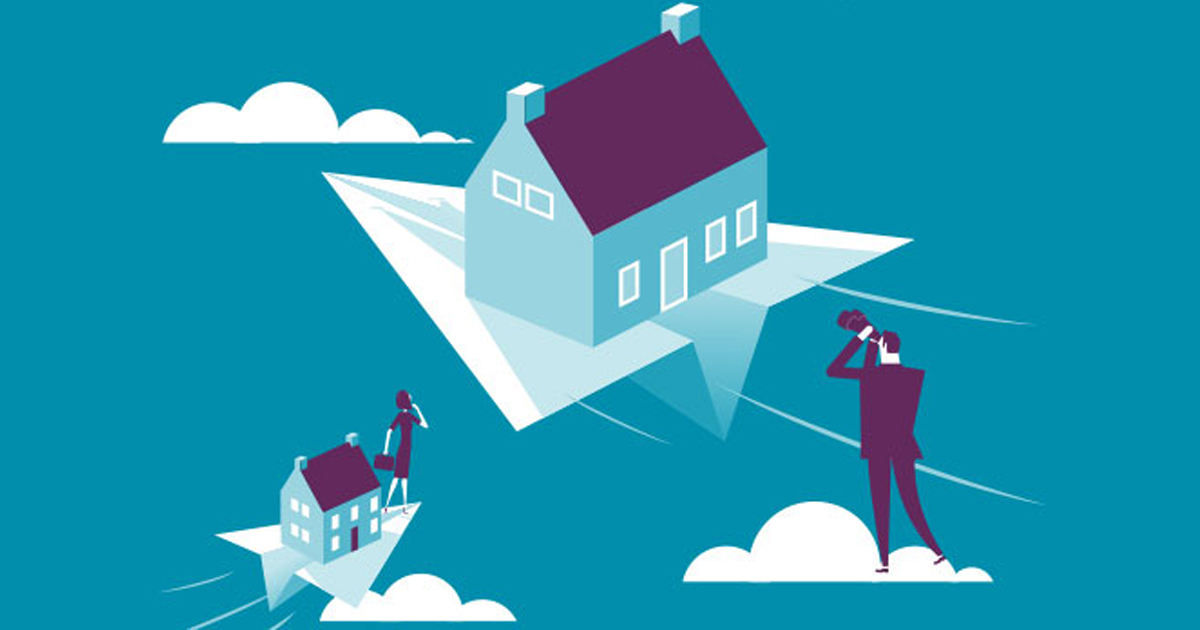Hi,
We are looking to buy a new home and the banks insist on the 20% for non first time buyers rule.
Age 45, Married with 3 kids.
I currently live in a house Value €350k Mortgage €55k (Our only borrowings) and we want to move house while at the same time keeping our current home. The monthly payment is €450 and the rental income would be €2k per month minimum so It would contribute towards the new house mortgage while it would also become decent pension income when I am retired.
We have seen a house we would like to move into and it costs €500k. We have savings of €75K. If I go into a calculator they tell me I can borrow €500k but as I understand it banks only loan money to non first time buyers with 20% deposits.
Are there options available to us to be able to buy this home in our current position.
We are looking to buy a new home and the banks insist on the 20% for non first time buyers rule.
Age 45, Married with 3 kids.
I currently live in a house Value €350k Mortgage €55k (Our only borrowings) and we want to move house while at the same time keeping our current home. The monthly payment is €450 and the rental income would be €2k per month minimum so It would contribute towards the new house mortgage while it would also become decent pension income when I am retired.
We have seen a house we would like to move into and it costs €500k. We have savings of €75K. If I go into a calculator they tell me I can borrow €500k but as I understand it banks only loan money to non first time buyers with 20% deposits.
Are there options available to us to be able to buy this home in our current position.
Last edited:
